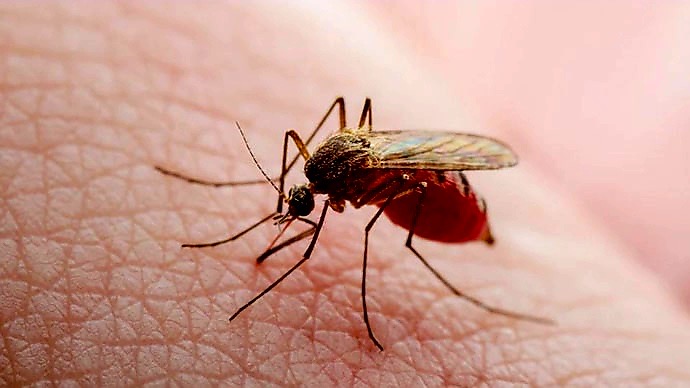The initial fatalities due to Oropouche fever have been documented in Brazil, as confirmed by the country’s health ministry. The deceased individuals were both females below the age of 30. They were residing in Bahia state. They did not have any underlying health conditions. Their symptoms closely resembled those of severe dengue fever.
What is Oropouche fever
The Pan American Health Organization (PAHO) has issued a caution regarding the escalating instances of the Oropouche virus in various parts of the Americas. This virus is transmitted through bites from infected midges (small flies) and mosquitoes.The causative agent of Oropouche fever, Orthobunyavirus oropoucheense, was initially identified in Brazil in 1960. Subsequently, sporadic cases and outbreaks have occurred. It is predominantly in the Amazon region, as well as in other Central and South American nations such as Panama, Argentina, Bolivia, Ecuador, Peru, and Venezuela.Investigations are currently underway to determine if a recent death in Santa Catarina, South Brazil, is connected to Oropouche fever. Additionally, authorities are examining four cases of miscarriages and two instances of microcephaly in babies in Pernambuco, Bahia, and Acre to ascertain if they are linked to the disease. This year, there have been over 7,200 reported cases of Oropouche fever across 20 states, with the majority of cases occurring in Amazonas and Rondônia in the Brazilian Amazon. Since 2023, diagnostic tests have been made available in public health facilities throughout Brazil. It is resulting in an increase in the identification of cases nationwide.
Symptoms of oropouche fever
Symptoms of Oropouche fever typically appear 4-8 days after being bitten by an infected mosquito and can last for about a week. In some cases, symptoms may return after a brief period of improvement. These symptoms include fever, headache, muscle and joint pain, skin rash, nausea and vomiting, dizziness, and sensitivity to light. There is no specific treatment for the virus. To prevent its spread, it is important to avoid areas where mosquitoes are prevalent, wear long clothing and insect repellent, keep surroundings clean, and use screens on doors and windows. The focus of managing this viral fever is on relieving symptoms since there is no targeted antiviral treatment. It is crucial to stay hydrated by consuming enough fluids to prevent dehydration.



